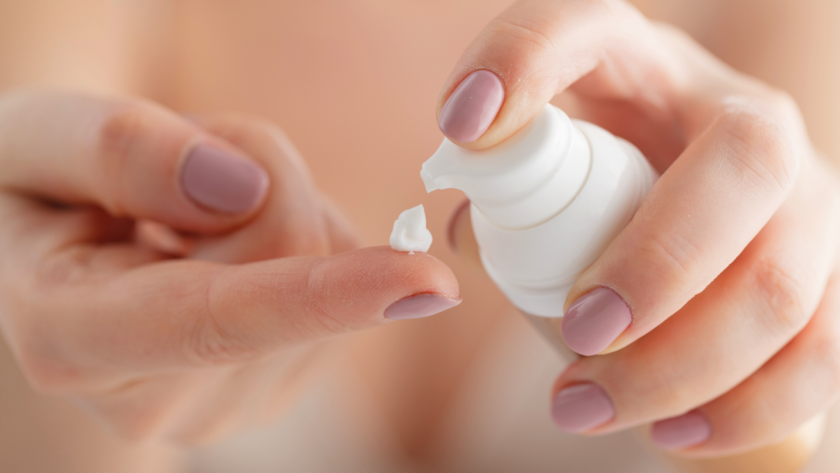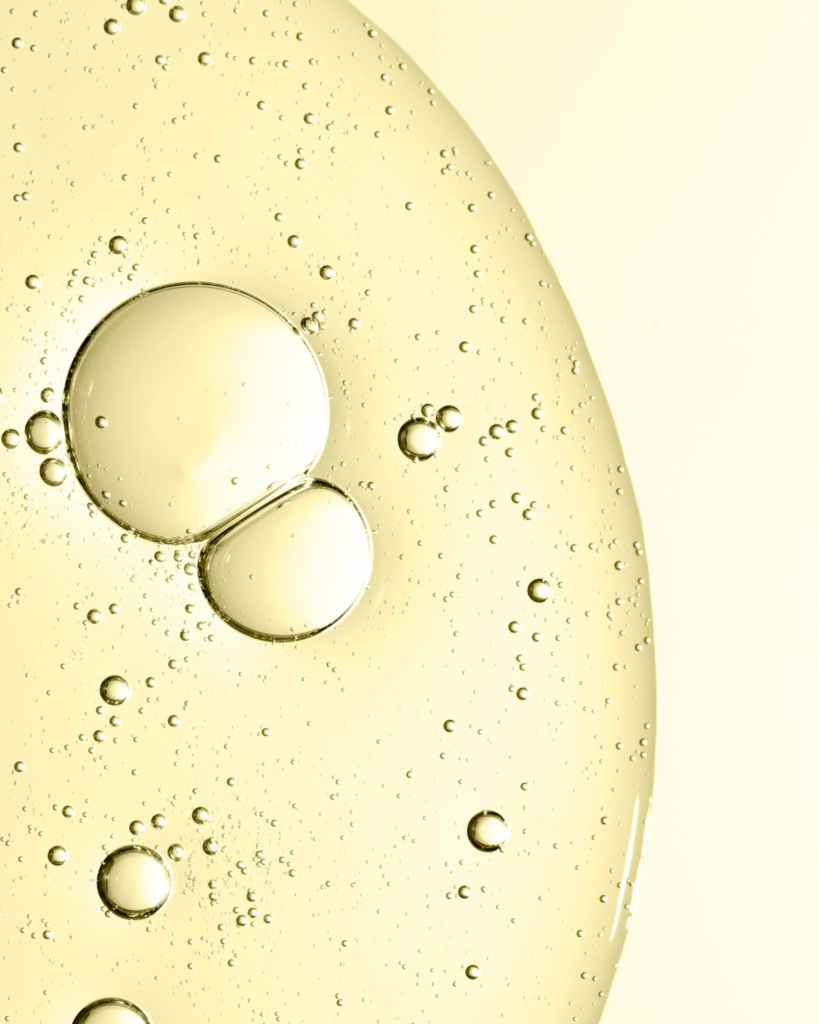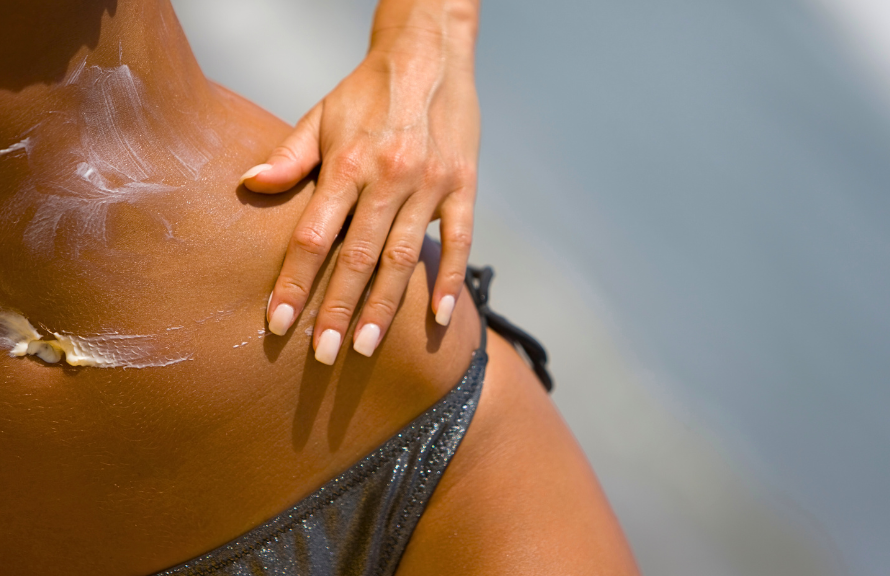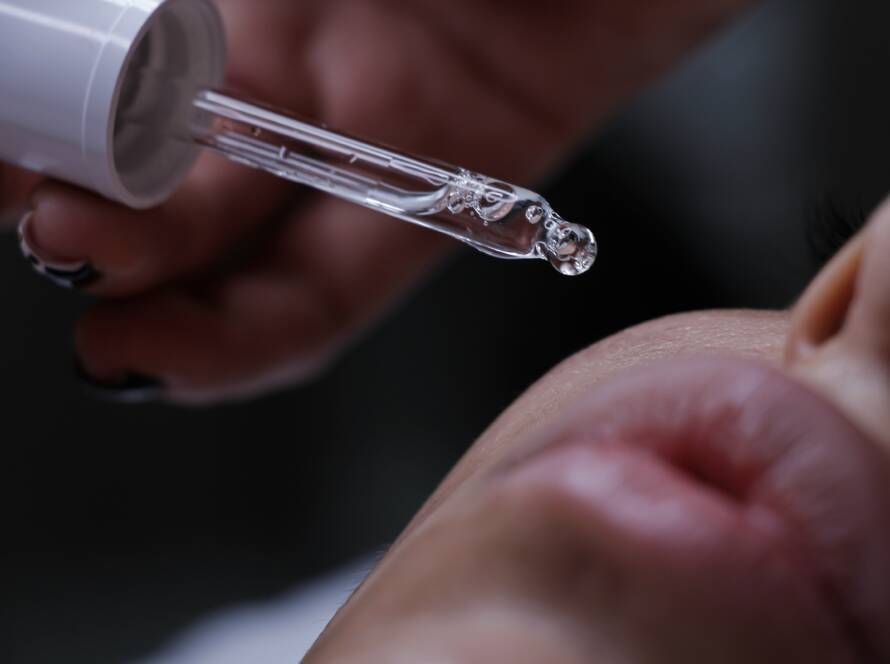Your skin barrier is your first line of defense against environmental stressors, pollutants, and moisture loss. But what exactly is the skin barrier, and how can you nurture it to achieve radiant, resilient skin? Let’s dive in.
What Is the Skin Barrier?
The skin barrier, also known as the stratum corneum, is the outermost layer of your skin. It comprises cells (corneocytes) held together by lipids (fats), forming a brick-and-mortar structure. This layer plays a crucial role in retaining moisture and keeping irritants, bacteria, and allergens at bay.
When the skin barrier is compromised, you may experience dryness, sensitivity, redness, or breakouts. Factors such as harsh skincare products, environmental stressors, and lifestyle choices can weaken this protective layer.
My skin is beautiful but it also serves as a huge barrier for so many opportunities that I want to pursue in life. — Ciore Taylor



Signs of a Compromised Skin Barrier
- Dryness and Flakiness: Persistent dryness that doesn’t improve with moisturizers.
- Increased Sensitivity: Stinging, redness, or irritation from products you previously tolerated.
- Breakouts: Acne or small bumps caused by inflammation.
- Dullness: A lack of radiance due to impaired hydration levels.
If you’re noticing these signs, it’s time to repair and transform your skin barrier.

Steps to Transform Your Skin Barrier
1. Simplify Your Routine
Overloading your skin with products can do more harm than good. Focus on the essentials: a gentle cleanser, moisturizer, and sunscreen.
- Avoid Harsh Cleansers: Use sulfate-free, pH-balanced cleansers that won’t strip your skin.
- Say No to Over-Exfoliation: Avoid physical scrubs and chemical exfoliants if your skin feels irritated.
2. Hydrate and Nourish
A well-moisturized skin barrier is a healthy skin barrier. Look for products containing humectants, emollients, and occlusives.
Occlusives: Petrolatum or shea butter seal in moisture.
Humectants: Ingredients like hyaluronic acid and glycerin attract water to the skin.
Emollients: Ceramides, fatty acids, and squalane smooth and repair the barrier.
3. Incorporate Barrier-Boosting Ingredients
Some ingredients are specifically designed to repair and strengthen the skin barrier:
- Ceramides: These are naturally occurring lipids that replenish the skin’s “mortar.”
- Niacinamide: This vitamin B3 derivative calms inflammation and improves barrier function.
- Panthenol: Also known as provitamin B5, panthenol hydrates and soothes the skin.
4. Protect Against Environmental Stressors
Daily sunscreen use is non-negotiable. Choose a broad-spectrum SPF 30 or higher to shield your skin from UV damage, which can weaken the barrier over time. Additionally, consider antioxidants like vitamin C to neutralize free radicals.
5. Be Patient and Consistent
Skin barrier repair doesn’t happen overnight. Consistency is key. Stick to your simplified routine for at least 4-6 weeks to notice significant improvements.


Lifestyle Tips for a Healthy Skin Barrier
- Stay Hydrated: Drink plenty of water to support skin hydration from within.
- Prioritize Sleep: Your skin repairs itself during sleep, so aim for 7-8 hours of quality rest.
- Eat a Balanced Diet: Foods rich in omega-3 fatty acids, antioxidants, and vitamins can boost skin health.
- Avoid Smoking and Excess Alcohol: These habits can damage your skin’s natural repair mechanisms.
When to Seek Professional Help
If your skin barrier remains compromised despite consistent care, consult a dermatologist. They can recommend prescription treatments or specialized products tailored to your needs.
Final Thoughts
Transforming your skin barrier is about nurturing your skin with gentle, effective care. By simplifying your routine, using targeted ingredients, and protecting your skin from environmental stressors, you can achieve a resilient and glowing complexion. Remember, healthy skin starts with a strong barrier—so treat yours with the love and care it deserves.



